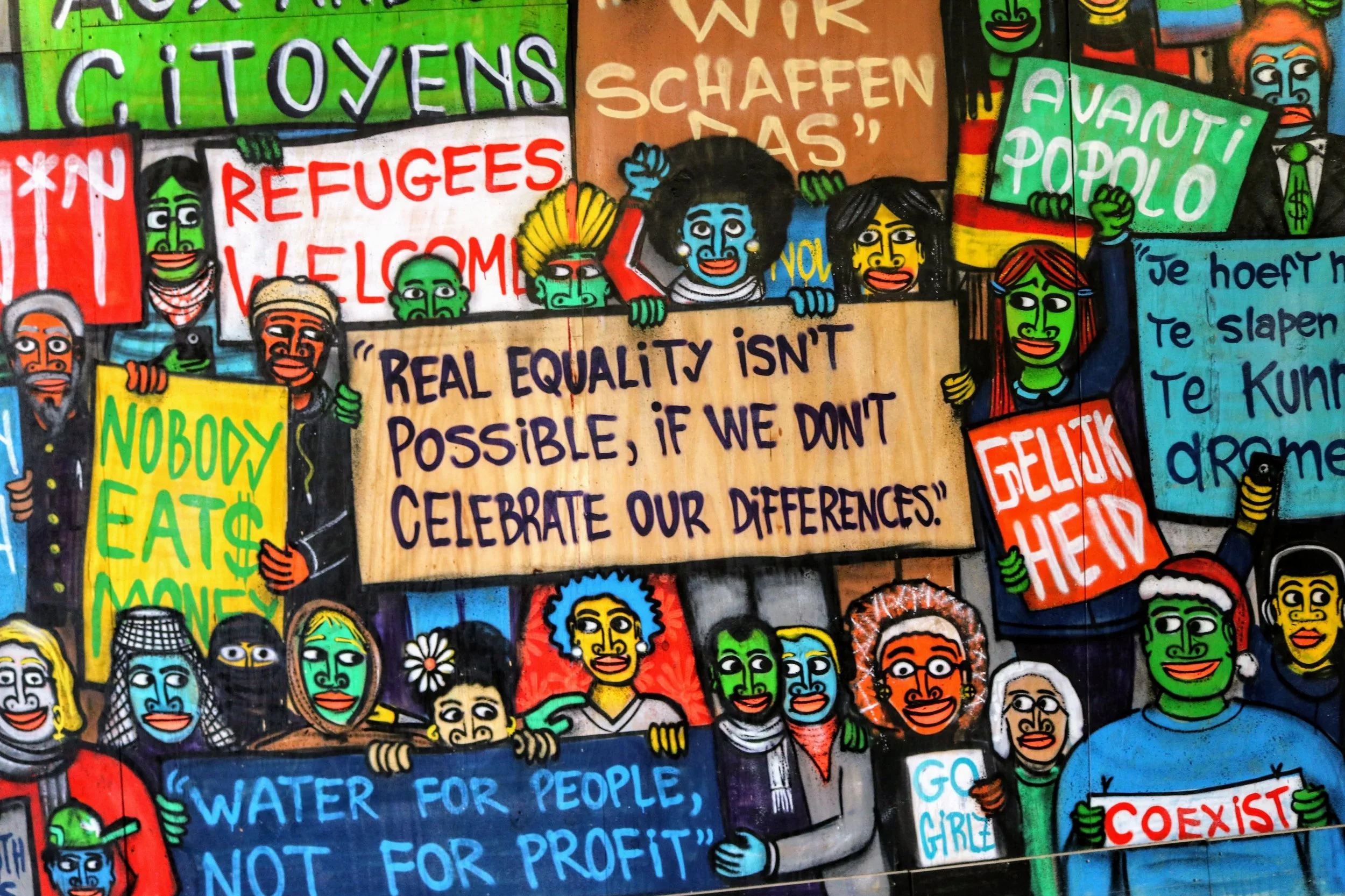Give Me Life
Life Renders Hatred Powerless And Leads To Peace
by Eric Elkin
“Queen Esther answered, “If I please the king, and if the king wishes, give me my life—that’s my wish—and the lives of my people too. That’s my desire.”
On September 11, 2001, Elie Wiesel was riding in a cab through midtown Manhattan when two planes went crashing into the World Trade Centers. At the time of the attack, his only son was working in lower Manhattan where the towers were located. The vision of smoke rising from the buildings must have worked over his soul as he waited to hear word of his son’s life. Unlike the prayers of his youth, this time his wish for life was granted, his son was alive.
Four years before the attack on the World Trade Centers, Elie Wiesel published an article in the New York Times. It was titled, “A Prayer for the Days of Awe.” The first sentence captured the purpose of his writing, “Master of the Universe, let us make up. It is time. How long can we go on being angry?” Wiesel desired to make public his reconciliation with the God of his childhood, his family and his identity.
Wiesel confesses in the article that he never lost his faith. It was as an adult he realized, the child who prayed with his father in Auschwitz never stopped talking to God. The prayers throughout his life were more complicated than his childhood. Sometimes they were filled with anger, anguish, and pain. The words he spoke to God were often bitter. Through it all, his prayers wove a consistent theme, a desire for life in the face of hatred and evil.
“Look, God, by definition, is everywhere. That means he was there, too. So I have a choice to believe he was on the side of the perpetrators or on the side of the victims. I want to believe he was on the side of the victims. So, therefore, the pathos of God, the sorrow of God, can move one to tears. Look what they have done, what the killers have done, not only to us but to God,”
From a childhood spent in a concentration camp to a taxi in Manhattan, Elie Wiesel kept a constant audience with the forces of evil. He sought to hold people accountable for past acts of hatred, and for systems which allowed individuals to act with hostility towards those desiring life. God was always standing in the middle of the pursuit of justice.
Today, we read one fragmented piece of a larger story. Queen Esther is granted one wish by her king. Her hope is no different than Elie Wiesel’s, she wishes life. The life she desires is not just for her, or her family, but for her people. Standing in the way of this wish is one who hates. The person who hates, Haman, wants to destroy life.
Hatred, no matter how righteous it might seem, always leads to death. Some might seek to justify themselves by saying, ”I hate what is evil.” But this is still a heart captured and imprisoned by anger. I have one wish for this day, and I hope it is your wish as well. Give me life. The kind of life which renders hatred powerless. Give me my life and the life of all people. For in life there is peace.
Click to read: Esther 7: 1-6; 9-10; 9: 20-22
Reflection Questions:
When was a time you felt threatened by hatred?
When you are suffering, do find God absent or silent or neither?
How do you speak to God? Do you feel any words off limits in the conversation?
How does God work to fight evil in the world?

















